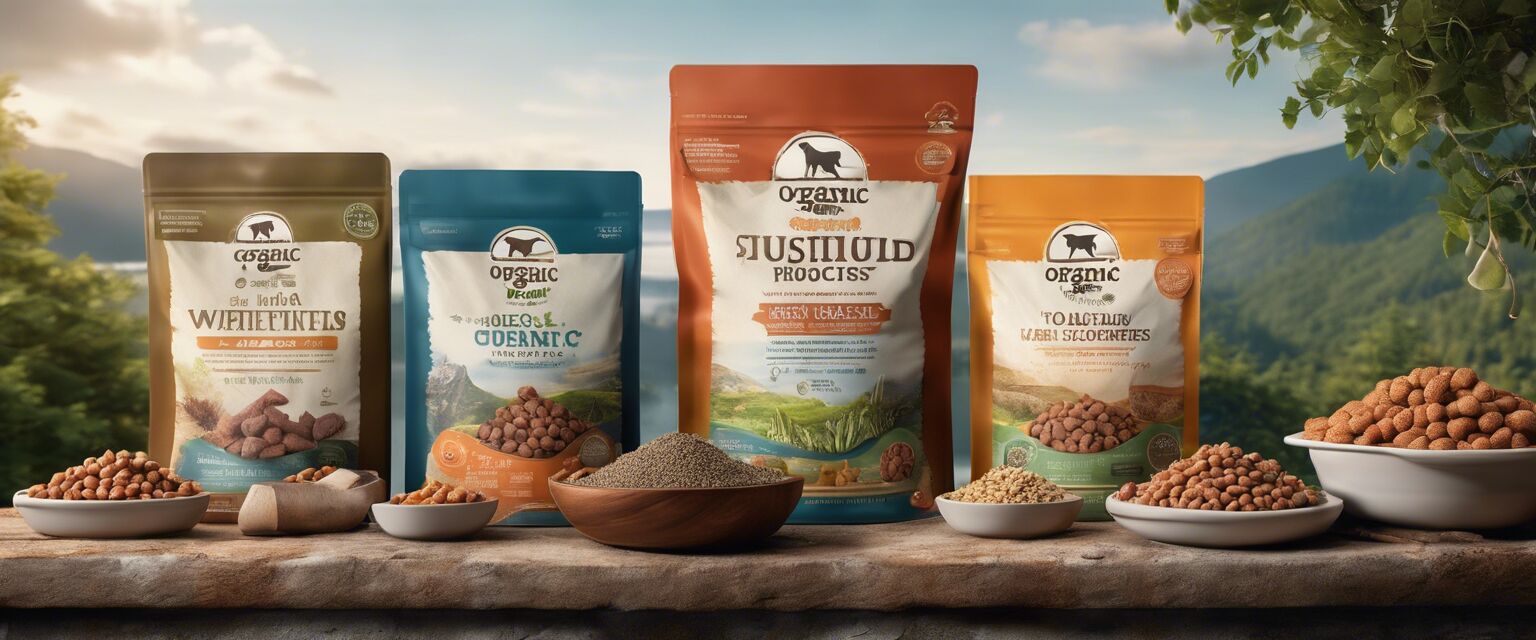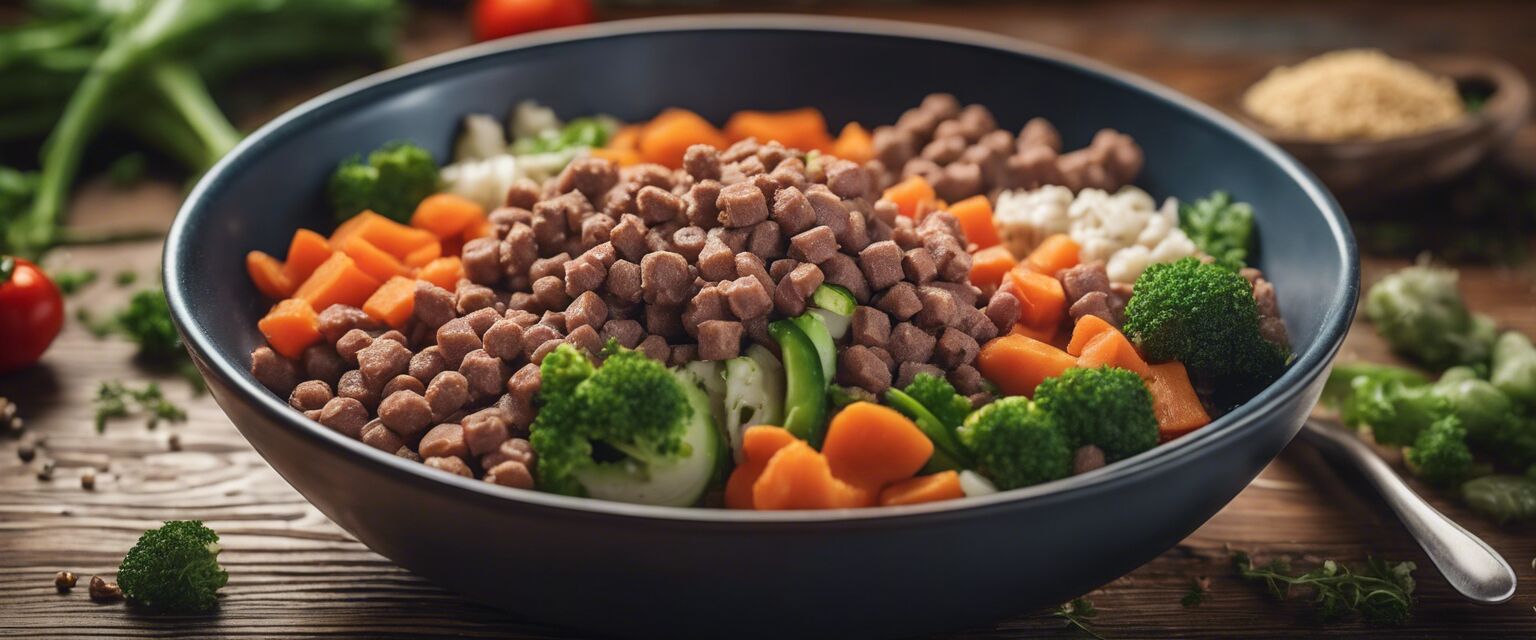
Hypoallergenic Organic Dog Food
Key Takeaways
- Hypoallergenic organic dog food is suitable for dogs with food sensitivities.
- It typically contains limited ingredients to minimize allergic reactions.
- Choosing certified organic ingredients helps ensure better nutrition.
- Consult your veterinarian before switching your dog's diet.
Finding the right food for dogs with sensitivities can be a challenge. Hypoallergenic organic dog food offers a solution that focuses on natural ingredients while minimizing the risk of allergic reactions. In this article, we'll explore the benefits, features, and options available in hypoallergenic organic dog food.
What is hypoallergenic organic dog food?
Hypoallergenic organic dog food is specially formulated to reduce the risk of allergic reactions in dogs that have food sensitivities. These foods use organic ingredients, which are grown without synthetic fertilizers or pesticides, ensuring a healthier diet for your pet.
Benefits of hypoallergenic organic dog food
- Reduces the chances of allergic reactions
- Contains high-quality, organic ingredients
- Promotes overall health and well-being
- Often easier to digest
Common ingredients in hypoallergenic organic dog food
Hypoallergenic organic dog foods typically contain a limited number of ingredients to avoid common allergens. Here are some common components:
| Ingredient | Description |
|---|---|
| Brown rice | A digestible carbohydrate source that is gluten-free. |
| Sweet potatoes | Rich in vitamins and minerals, and an alternative carbohydrate source. |
| Chicken | A lean protein source that is often used in hypoallergenic diets. |
| Peas | A good source of protein and fiber. |
Choosing the right hypoallergenic organic dog food
When selecting hypoallergenic organic dog food, consider the following factors:
Tips for choosing
- Look for products with a limited ingredient list.
- Check for certification labels to ensure ingredients are organic.
- Read reviews and check for any recalls on the brand.
- Consult your veterinarian for recommendations.
- Transition gradually to avoid digestive upset.
Popular hypoallergenic organic dog food brands
Here are some brands known for their hypoallergenic organic dog food:
- Dry dog food options available.
- Grain-free dog food for sensitive stomachs.
- Puppy food that meets specific needs.
- Raw dog food diets focusing on natural nutrition.
- Senior dog food options for older dogs.
- Wet dog food for hydration and taste.
How to transition to hypoallergenic organic dog food
Transitioning your dog to a new diet should be done gradually to minimize digestive upset. Follow these steps:
- Start by mixing a small amount of the new food with the current food.
- Gradually increase the amount of new food over 7-10 days.
- Monitor your dog for any signs of allergies or digestive issues.
- Consult your veterinarian if any issues arise.
Potential drawbacks of hypoallergenic organic dog food
While hypoallergenic organic dog food has many benefits, there can be some drawbacks:
Pros
- High-quality ingredients
- Better for dogs with allergies
- Often more palatable
Cons
- Can be more expensive
- Limited options on the market
- Transitioning may take time
Conclusion
Choosing hypoallergenic organic dog food can greatly benefit dogs with sensitivities. By selecting high-quality ingredients and transitioning properly, you can help ensure your pet's health and happiness. Always consult with your veterinarian to find the best option for your furry friend.









